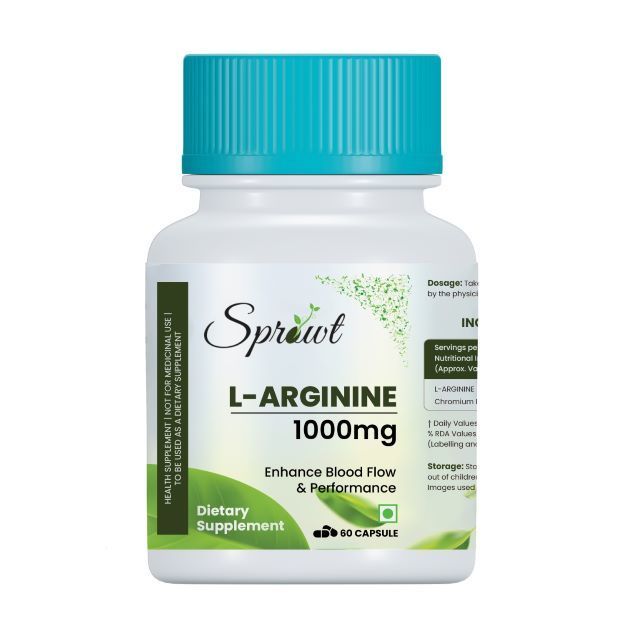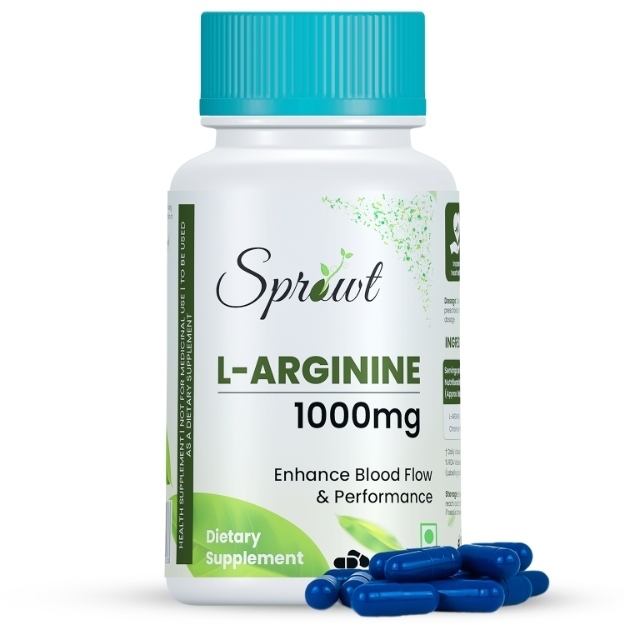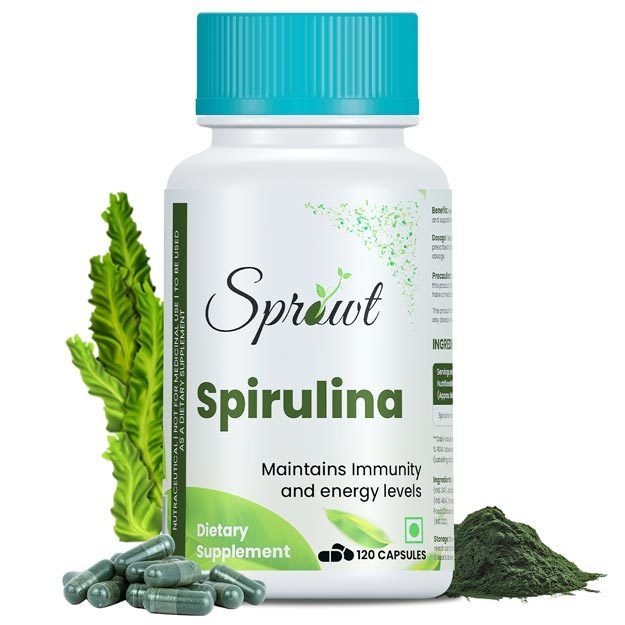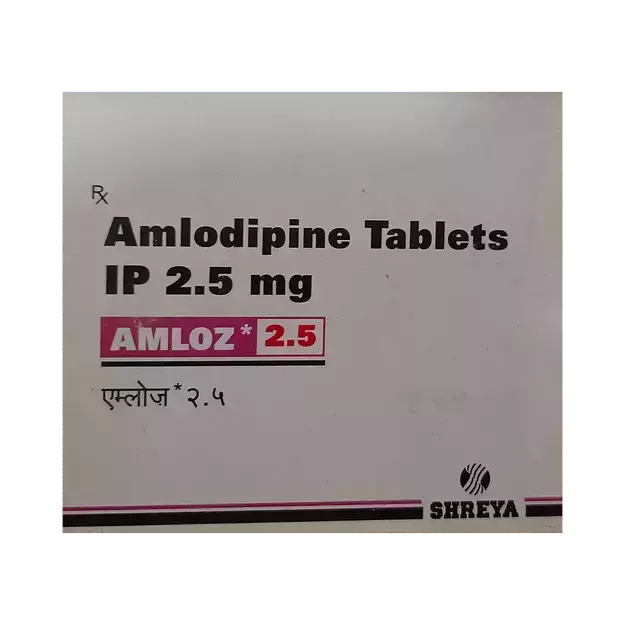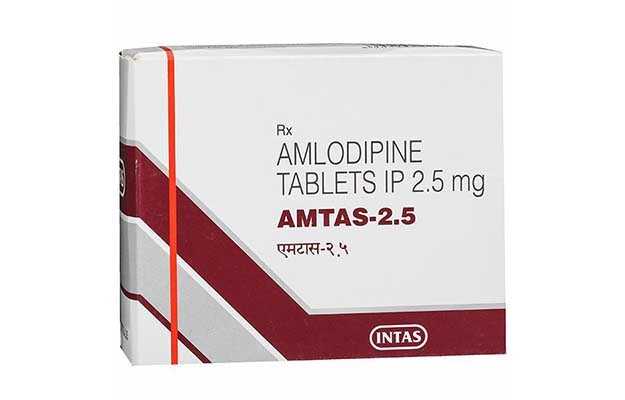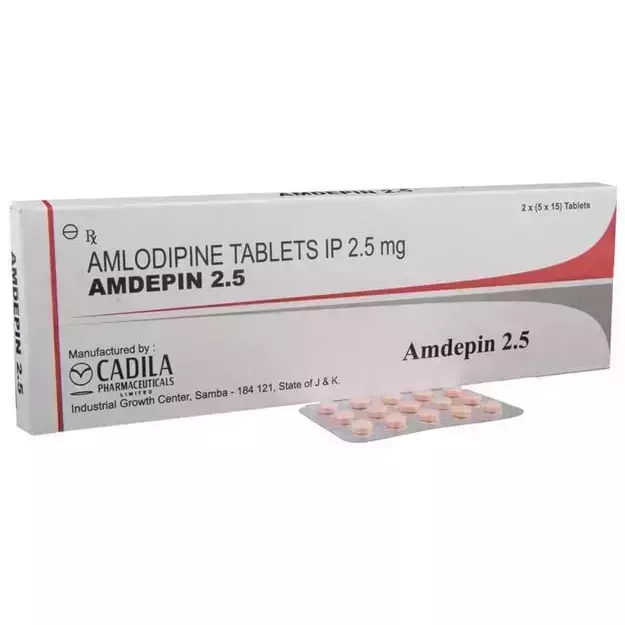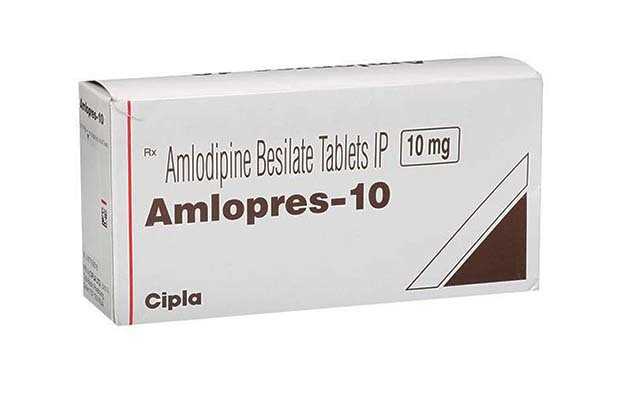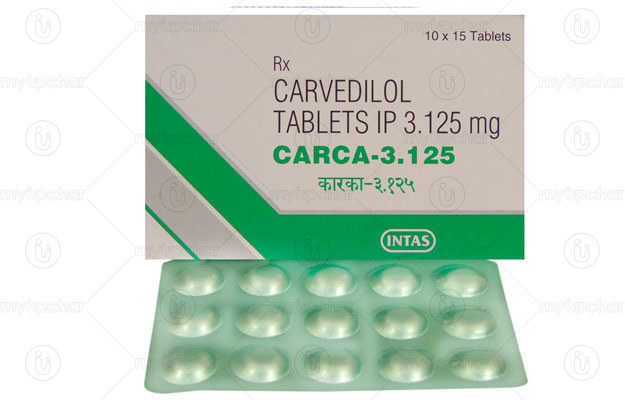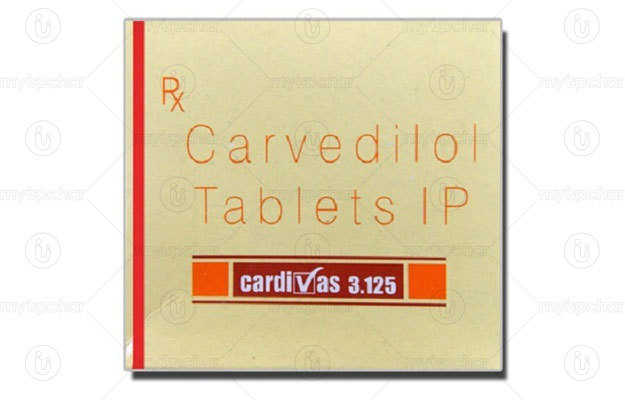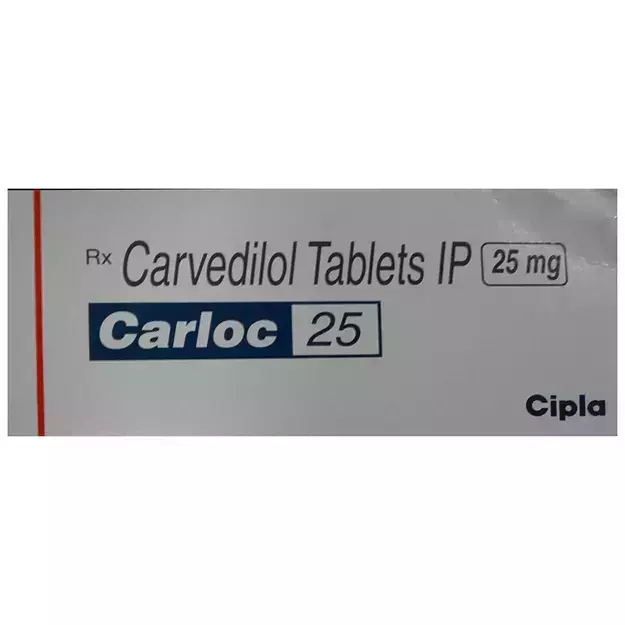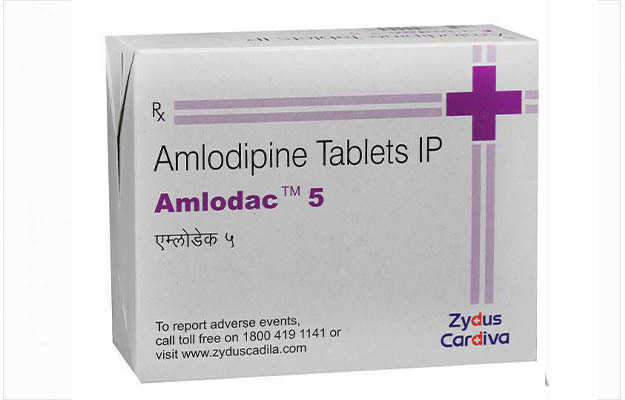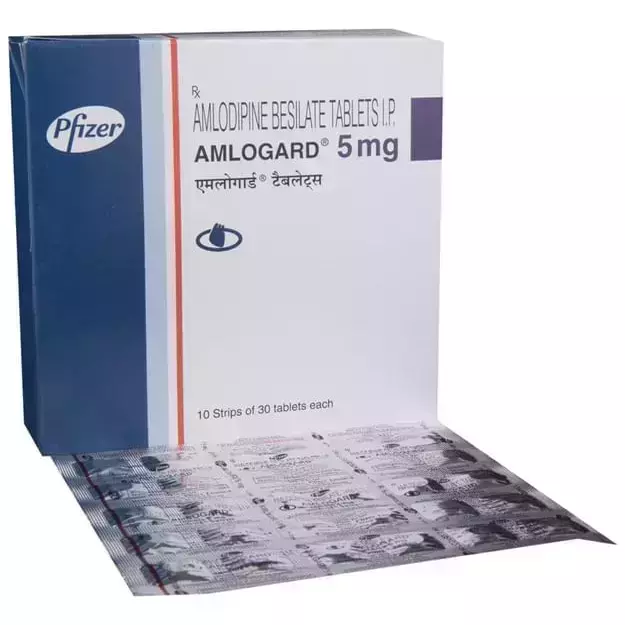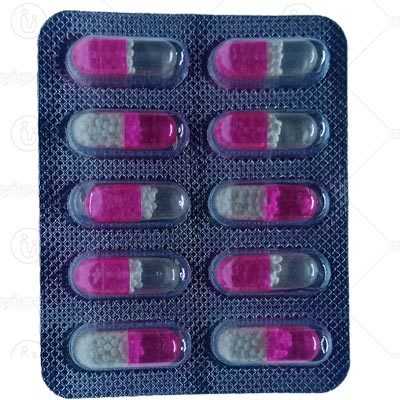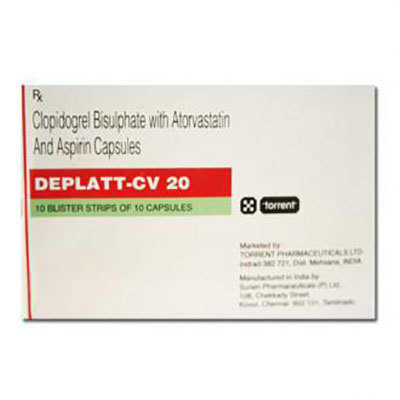Angiguard is a prescription drug, available for use as Tablet. Primarily, it is used for the treatment of High BP. Other than this, Angiguard has some other therapeutic uses, which have been discussed ahead.
Medical history of the patient along with age and gender determines the dosage of Angiguard. The condition it has been prescribed for, and the route of administration also determine the right dosage. Detailed information has been provided in the dosage section.
Apart from the aforementioned side effects, Angiguard can also lead to other problems, which have been listed below. Usually, these side effects of Angiguard go away soon, and do not persist beyond the duration of the treatment. Please speak with your doctor if these side effects worsen or persist for a longer duration.
It is also important to note that Angiguard has a Severe effect for pregnant women and Unknown effect on lactating mothers. Warnings related to Angiguard's effects on the liver, heart and kidney, if any, have been listed below.
Angiguard is not recommended if you suffer from certain medical conditions as it can have adverse effects. Low Blood Pressure (Hypotension), Coronary Artery Disease (CAD), Liver Disease are examples of such conditions. Other conditions have been mentioned below in the Angiguard contraindications section.
Additionally, Angiguard may also adversely react with other medicines. See below for a complete list.
In addition to these precautions, you may also note that Angiguard is safe while driving, and is is addictive in nature.
X











